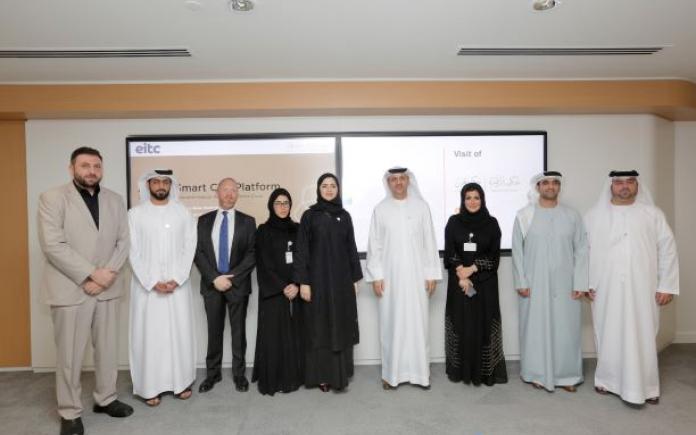
Coding Initiatives Train 16,000 EMEA Youth For Digital Careers
Coding Initiatives Train 16,000 EMEA Youth For Digital Careers
Helping to close the region’s digital skills gap and support youth job creation, one of the world’s largest coding initiatives has trained more than 16,000 youth across the Middle East, North Africa, and Europe.
In a rapidly digitising region that is facing youth employment challenges, coding initiatives could unlock new careers. For example, according to a survey by the job search platform Indeed, 84 percent of employers believe that coding boot camps provide as much or more preparation for careers as compared to computer science degrees.
Across coding initiatives in Egypt, France, Greece, Iraq, Jordan, Lebanon, the Palestinian Territories, Sweden, and Turkey, the United Nations, SAP, the Galway Education Center, and more than 50 partners joined forces to train 16,201 youth in coding. Aiming to diversify the technological workforce of the future, among Refugee Code Week 2017 participants, 57 percent were refugees and 50 percent were female.
During the second edition of Refugee Code Week, youth aged 8-24 learned a variety of coding skills, including Scratch coding and Web Programming. Top participants advanced to 17-week coding sessions with ReBoot Kamp and the Re:coded humanitarian initiative, leading to job placement in the SAP ecosystem.
Top participants can leverage the resources of the One Million Arab Coders initiative, which aims to support 1 million Arabs in becoming professional software developers. Participants can access career opportunities, internships, certifications and “nano-degrees”, entrepreneurship accelerators, and cash prizes through the program’s ecosystem.
Organisers are working closely with regional governments – especially in Egypt, Jordan, and Lebanon — to integrate coding into the educational curriculum. Supporting educational sustainability, more than 2,700 trainers have been trained in coding and can continue to give back to their communities. Lebanon had the highest participation with 7,785 youth engaged across 200 schools, trained by the Ministry of Education and Higher Education.
The United Nations Relief and Works Agency for Palestine Refugees in the Near East (UNRWA) coordinated on the initiatives in the Palestinian Territories, and the United Nations Refugee Agency (UNHCR) in the rest of the region.
“Refugee Code Week shows how public, private, and academic organizations can join forces to close the region’s digital skills gap, enable youth development, and support refugees’ career preparedness,” said Mohammed Abu Asaker, Senior Regional Public Information Officer for the United Nations Refugee Agency (UNHCR). “Coding initiatives can give youth and refugees a purpose in life, and can also enable them to land digital careers, and create economic benefits that can lift up their families and communities.”
Ahmed, a 23-year-old Syrian refugee who came to the Za’atari Camp in Jordan in 2012, enrolled in the Refugee Code Week program, and took Scratch web coding courses. Following the training, he started working on an UNHCR project to map the camp’s refugee services, and became a Scratch children’s trainer in the Za’atari Camp
Companies that hired Refugee Code Week graduates include data management firm Adaptcore, healthcare company Altibi, travel company Expedia, Jordanian conglomerate Salbashian Group, and Saudi user experience firm UXBERT.



